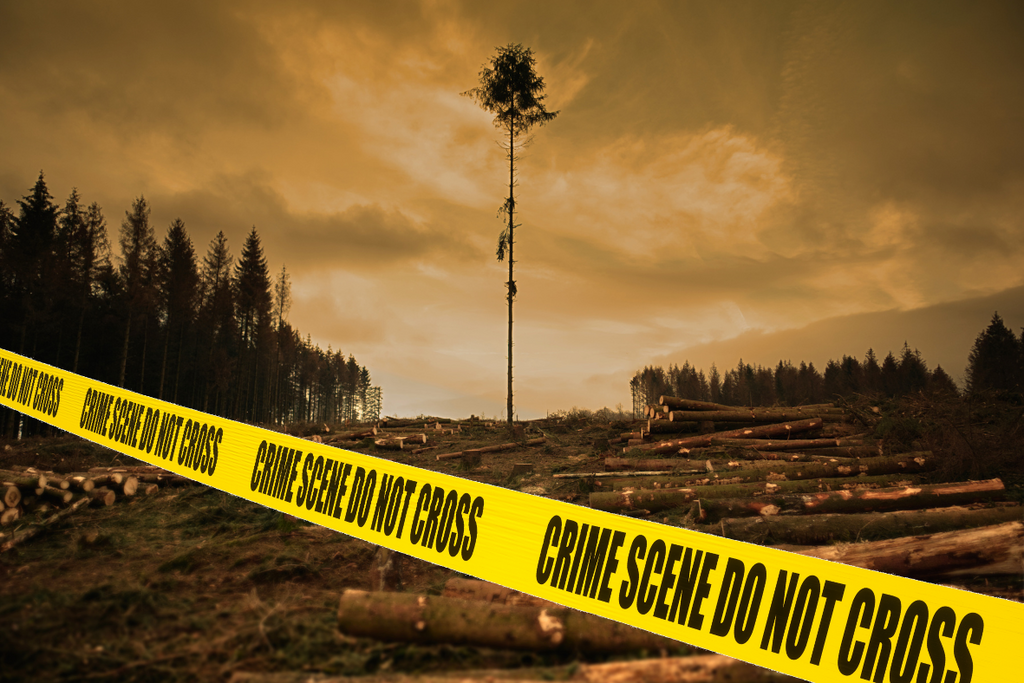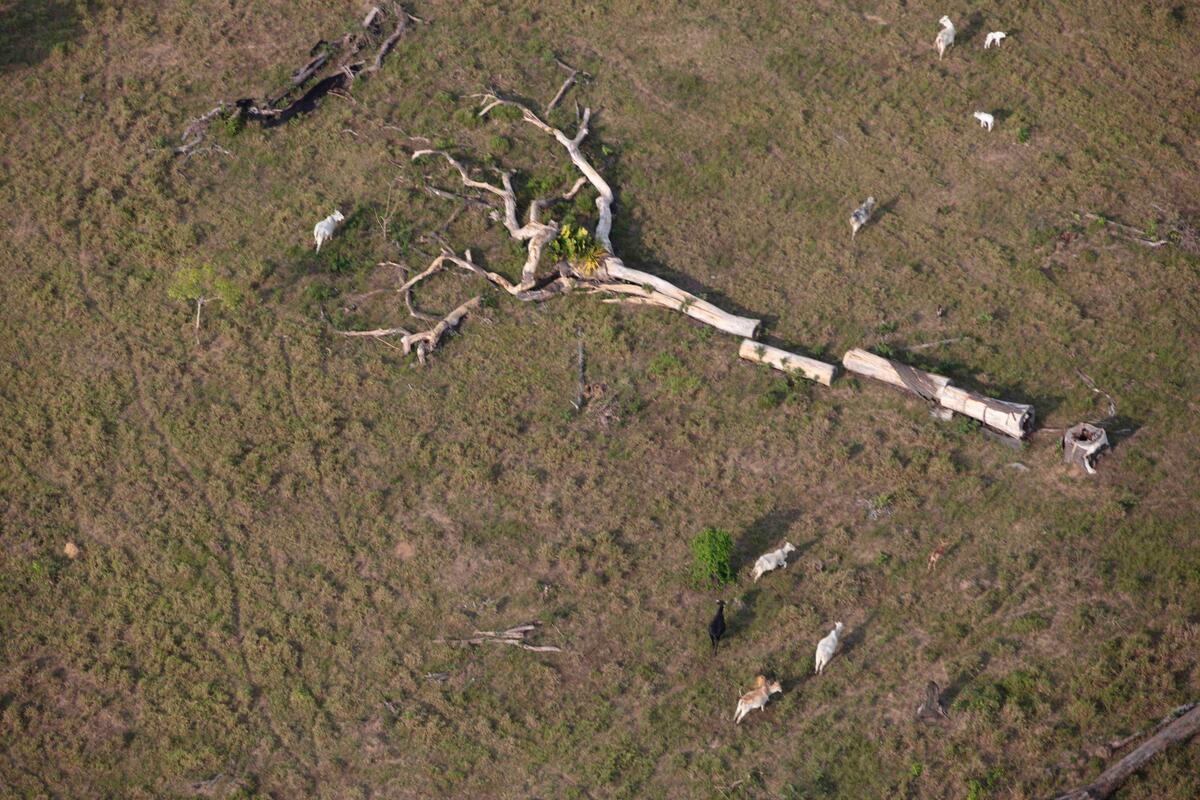When corporations turn vibrant forests into products and the government looks the other way, it is up to us to stop the crimes against natural ecosystems.
As in many parts of the world, the current protection of critical ecosystems on the European continent is insufficient to tackle the climate crisis and the collapse of biodiversity. Despite the EU’s self-proclaimed role in protecting nature, crimes against natural ecosystems continue to occur on a daily basis. Over the coming months, Greenpeace will expose and publish investigations from several countries to highlight these crimes and remind us of the urgent need to stop the destruction of nature.
This case shows how two of Europe’s most pristine areas – the beech forests of the Ore Mountains and the Ždánice Forest – are being destroyed for short-lived wood products such as firewood and cardboard, despite formal protection and strong criticism from local communities.
The case of the Czech forests
- By using tracking devices, Greenpeace Czechia exposes the destruction of two of the most biodiverse places.
- The investigation shows that that wood was illegally harvested in the Ore Mountains. The area is included in the Natura 2000 network and should be protected, but no special protection measures have been implemented apart from obtaining a permit before logging. There are only a few small spots in the area that are strictly protected. The beech forests in the Ore Mountains is home to a number of rare plants and animals.
- The investigation also exposes the destruction of the Ždánice Forest. GPS trackers were placed in timber piles near Mariánské Údolí, where unauthorized logging occurred, and near Snovídky, where timber harvested from areas of high biodiversity is destined for a paper mill owned by the multinational Mondi Group.The European Commission’s call to protect the Ždánice Forest for its unique biodiversity, but until today only a negligible portion of the forest is under protection.
- Czechia is one of the largest timber exporters. It exports about half of its timber production. According to 2021 World Bank data, it exports its wood primarily to Germany (32%), Austria (15%), Slovakia (8%), Poland (8%) and Italy (4%).
- The EU’s most biodiverse forests – old-growth forests – make up only 3% of the EU’s total forest area. 87% of mapped old-growth forests are under strict protection from human interference. In contrast, the Greenpeace investigation reveals forest destruction persists even in small pockets of the remaining old-growth forests, and there is no control over where the harvested timber ends up in the EU.
Download Greenpeace Czechia’s full report:
Learn more about the forests of the Czech Republic (in Czech)

It is time to stop crimes against the ecosystems that protect us. Strong laws and strict controls must be put in place.
Read Our Demands


